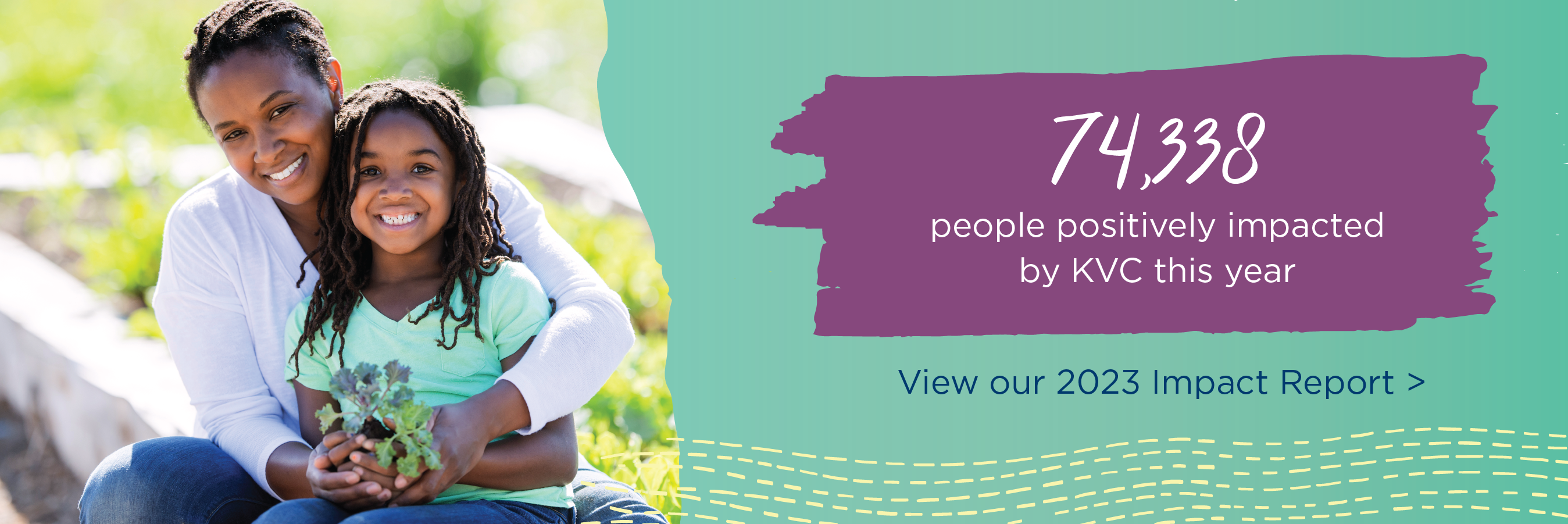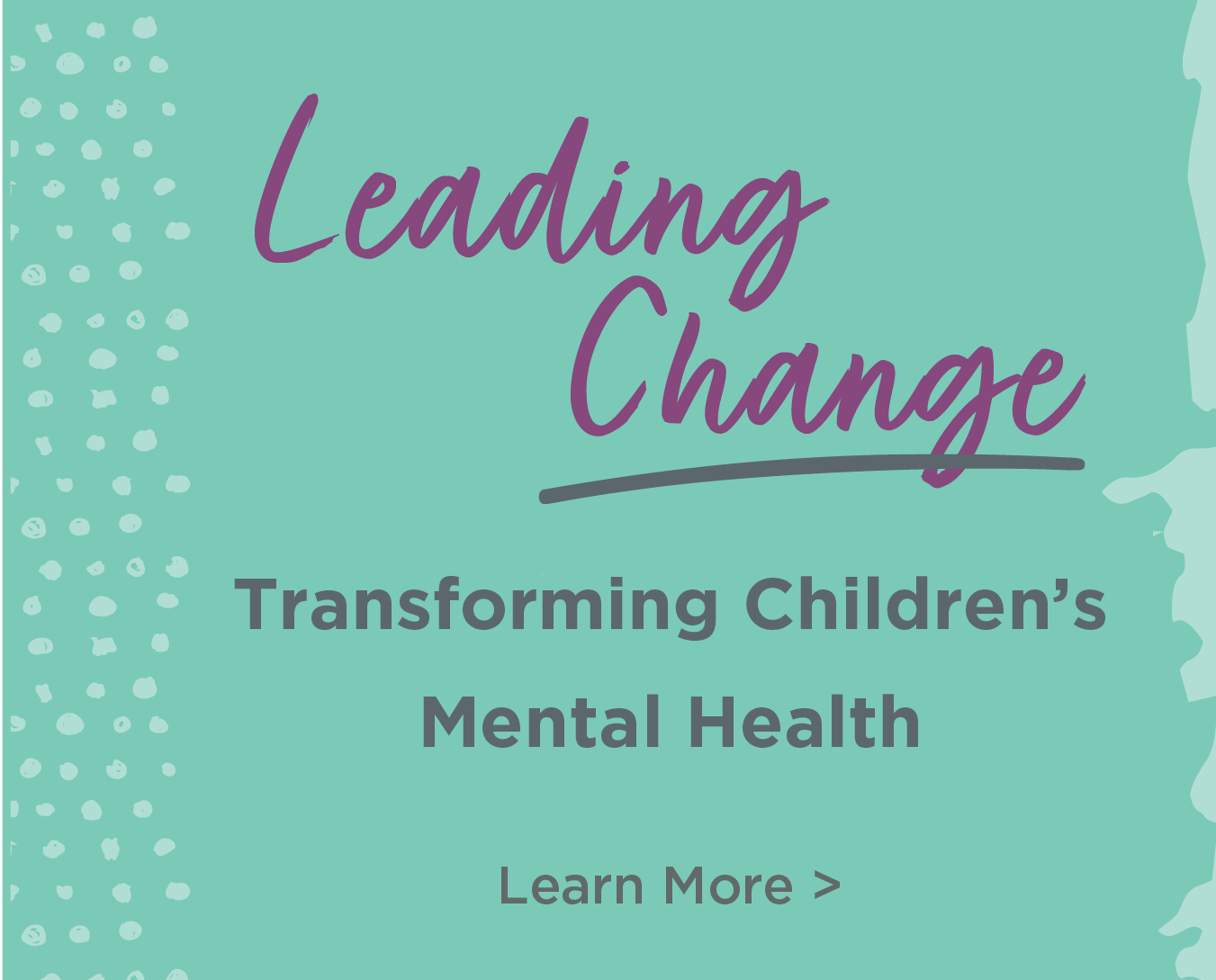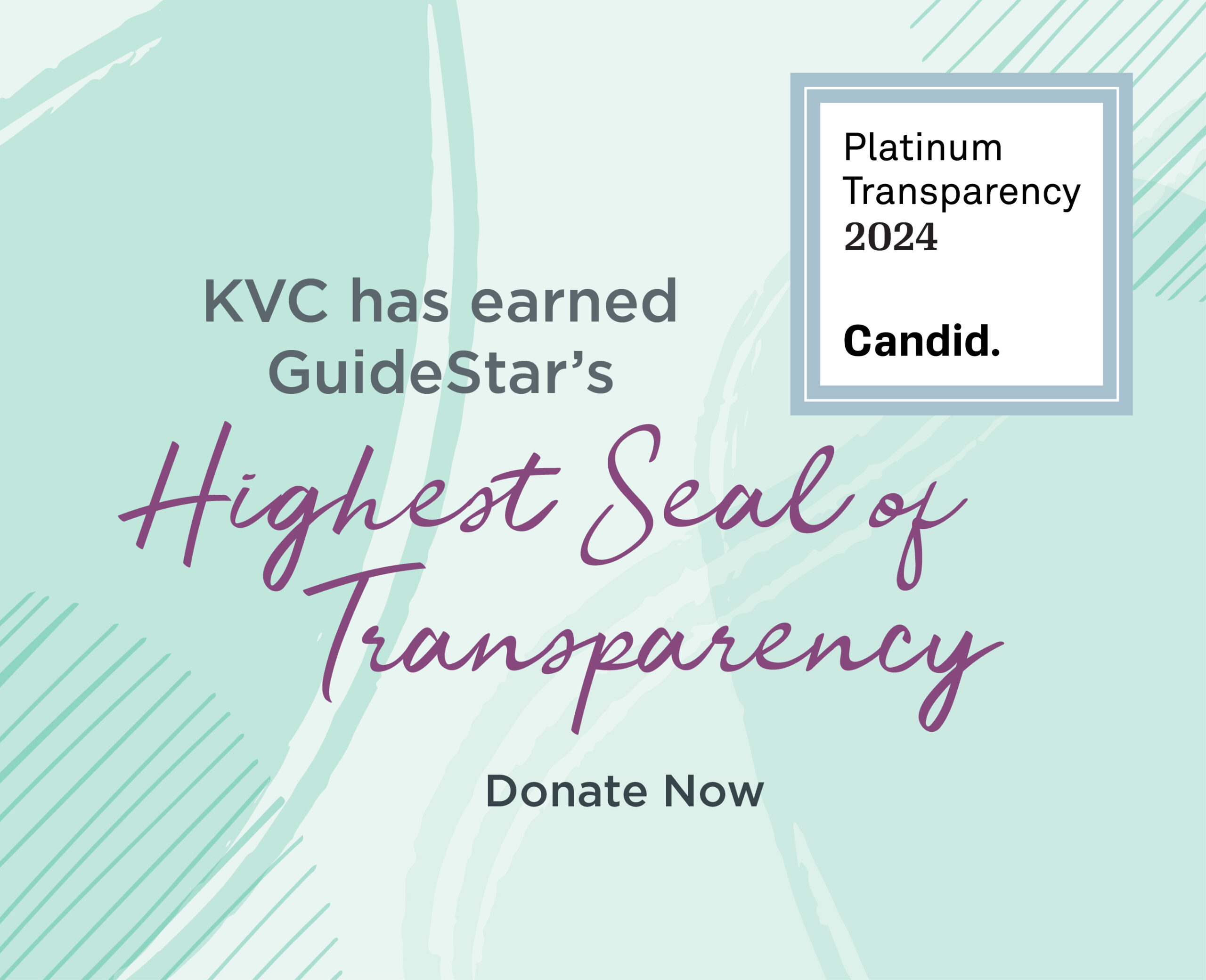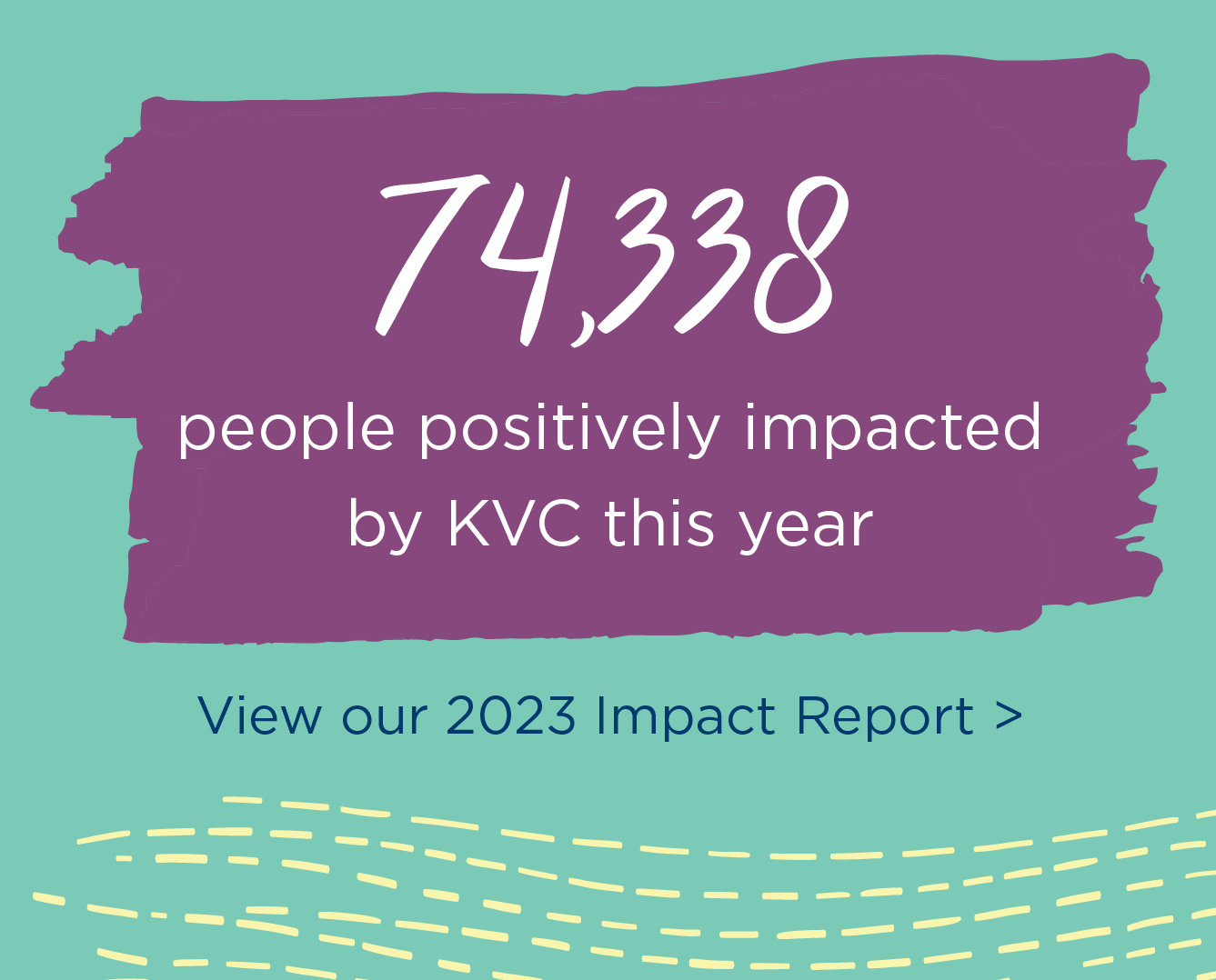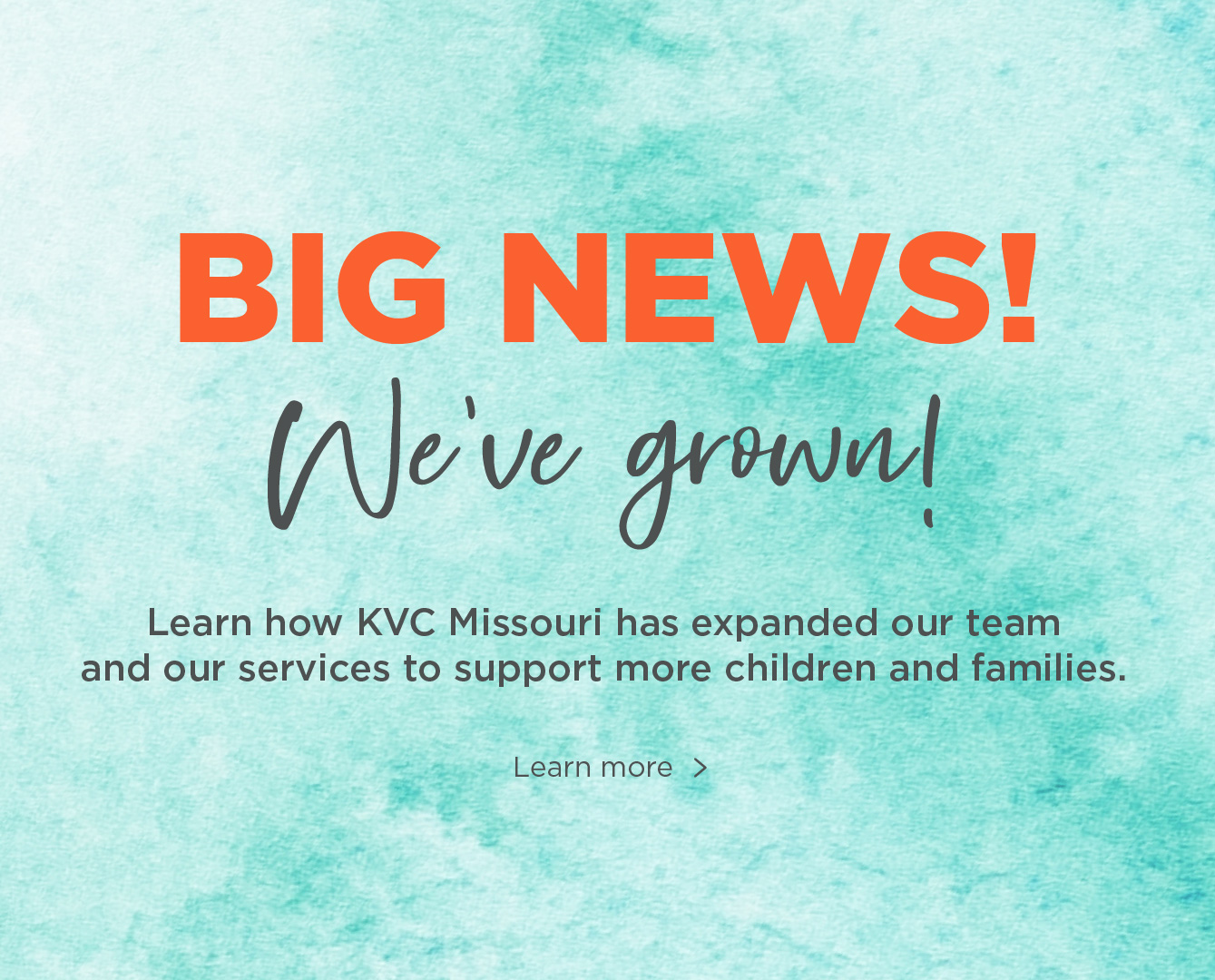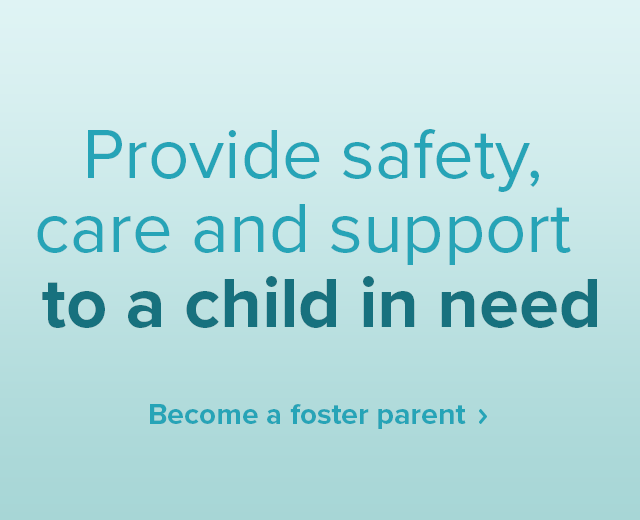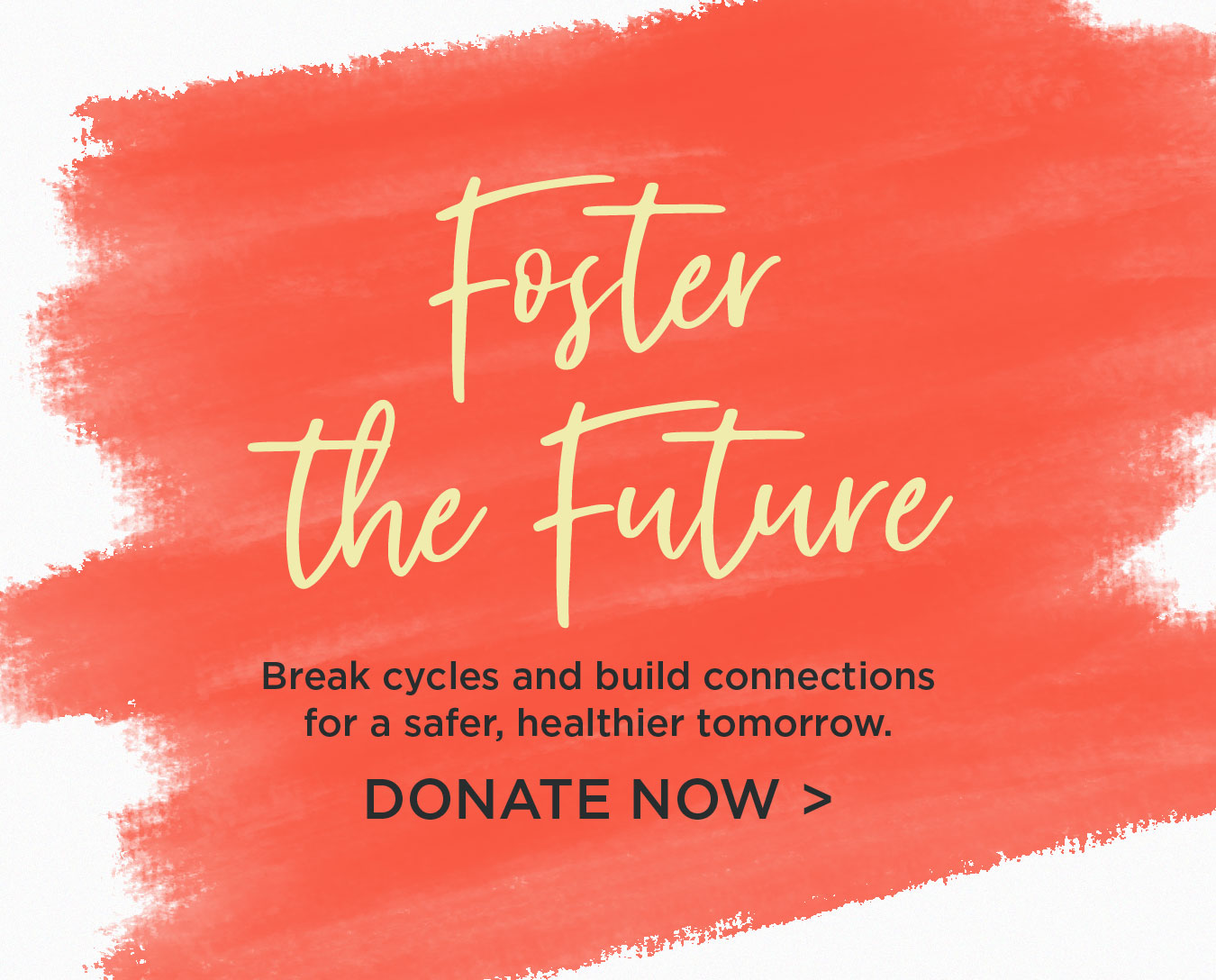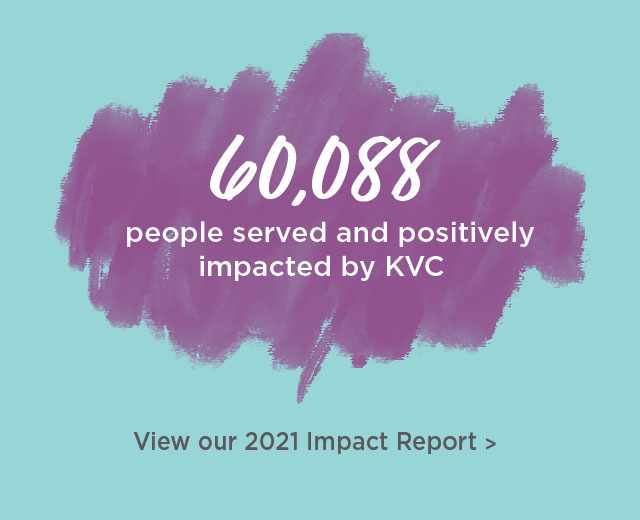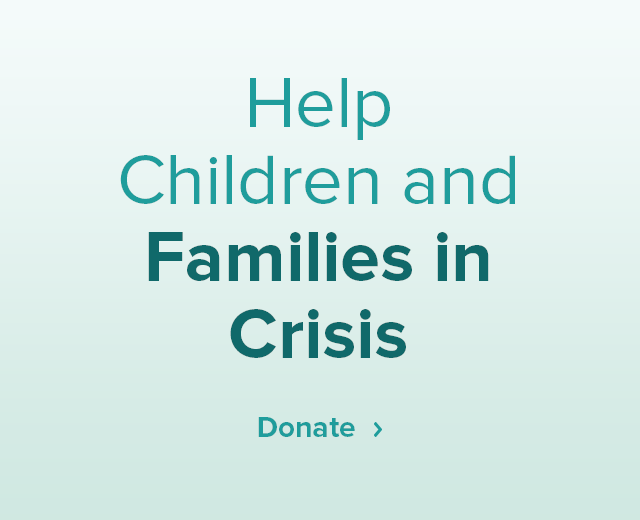- About Us
Overview
KVC Missouri is a nonprofit team that’s passionate about strengthening families, preventing child abuse and neglect, and helping people achieve mental wellness. Learn about KVC Missouri.
- Services
At KVC, we want every child and adult to be safe & connected to a strong family and a healthy community. We’re proud to be a leader in innovative, effective and compassionate care. See our services and programs overview.
- Locations
Locations Across Missouri
KVC offers Missouri’s most comprehensive continuum of care with family strengthening services, foster care case management, foster parent training and licensing, children’s mental health treatment, K-12 therapeutic education and more.
Get Connected
- Positive Impact
- Get Involved
Your Help Matters
There are many large and small ways you can still lend a hand.
How You Can Get Involved
- Events
Events
KVC Missouri provides a robust offering of trainings and community outreach events to support the needs of children and families across the state.
- Blog
Creating a World Where Everyone Belongs

KVC Missouri is a nonprofit with 800 caring team members working across the state to strengthen families, prevent child abuse and neglect, and help people achieve mental wellness. With regional campuses in St. Louis, Kansas City, Springfield, Columbia, and St. James, we provide mental health services, foster care, K-12 therapeutic education, residential treatment, and more, within an exceptional continuum of care. Together, we are working to create a world where every person belongs.
With the most comprehensive services in Missouri and our longtime legacy of caring and expertise, we drive unmatched results, with innovative trauma-informed therapies that help children and families heal. KVC Missouri is working with community leaders to lead change and transform children’s mental health in the Greater St. Louis region and throughout the state.
We envision a world where every person is safe and connected to a strong family and a healthy community, and we invite you to become a part of what we’re doing in Missouri.








